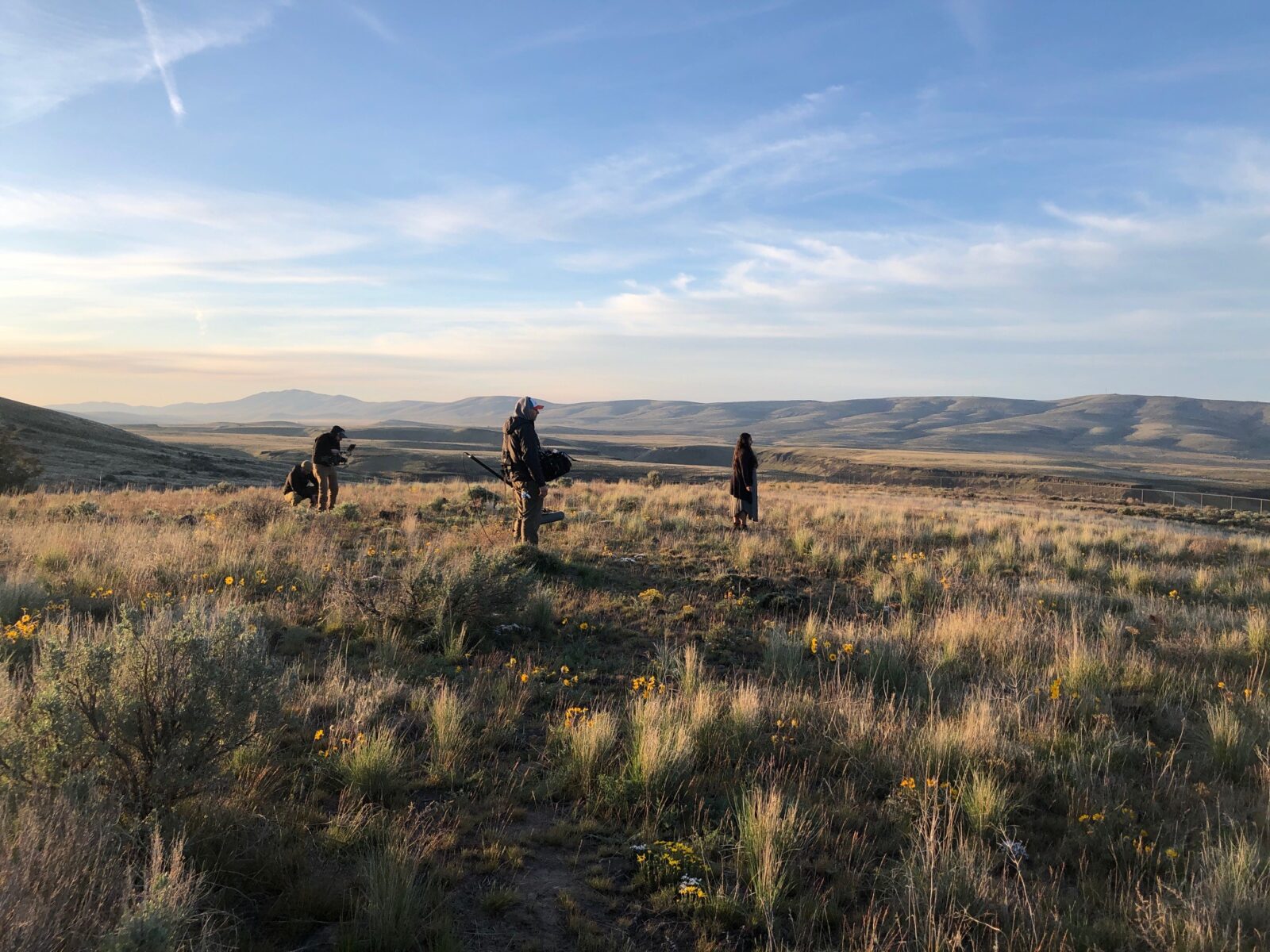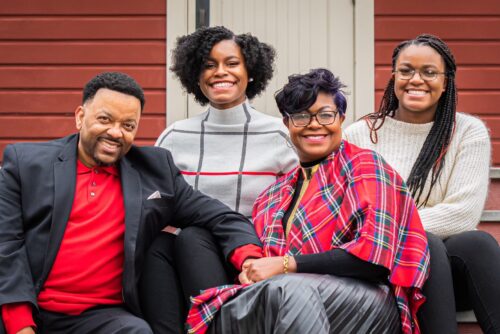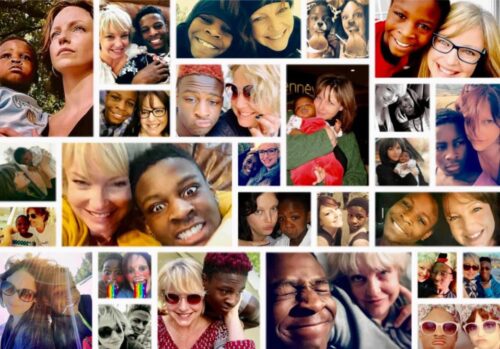Organ donation and family are at the heart of this documentary-style video.
By LifeCenter Northwest CEO Santokh Gill
Just days after he turned 21, Antonio Espinoza of Wapato, Washington, died of a brain aneurysm. His sister, Ana, made the generous decision to donate his kidneys, liver and lungs to help others. Antonio was a giver in life, and she knew donation is what her brother would want.
Joyce Baker of Seattle received Antonio’s lungs seven years ago and is alive today because of his gift.
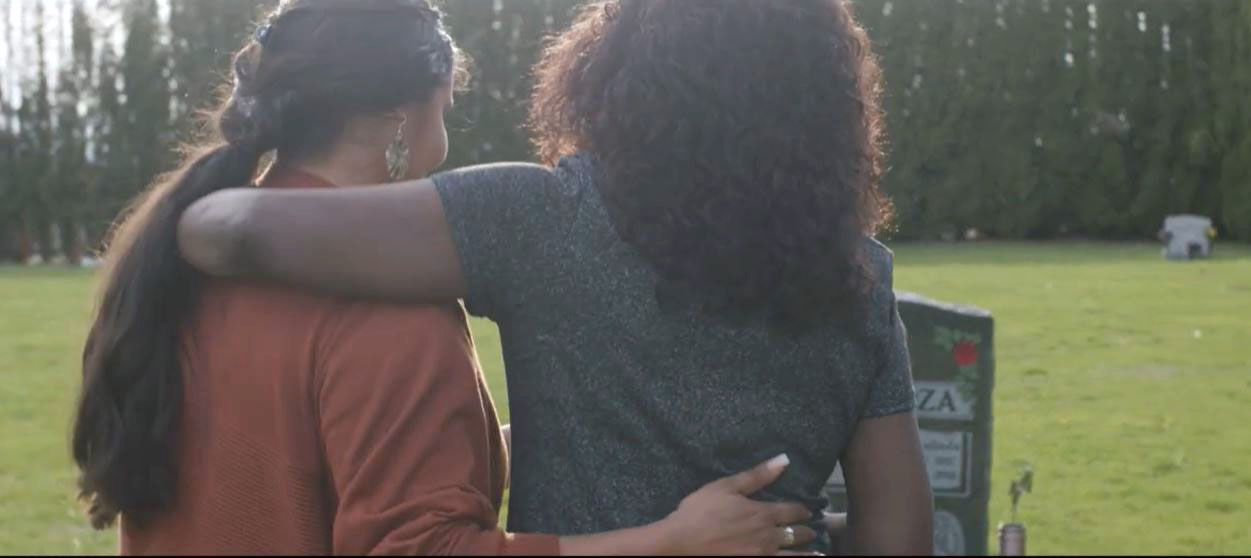
Antonio’s Gift
An emotional story of loss, legacy and connection.
Meeting with Ana, her sister Yesenia, and Joyce this summer, I saw the deep connection they now share. One family’s tragedy gave another family a second chance at life, creating a bond that transcends loss. I asked Ana if LifeCenter Northwest could use the documentary to educate others about the impact of donation. She agreed, and both Ana and Yesenia were overjoyed to know that Antonio’s story will inspire more people and help save many more lives. Organ donation is a very rare gift. A person can only be considered a donor after every lifesaving measure has been exhausted and death is imminent. Antonio wasn’t a registered organ donor, but Ana said “yes” on his behalf, ensuring his legacy of generosity lived on.
The need is urgent
Today, nearly 1,400 people in Washington are waiting for a lifesaving organ transplant. Nationally, 100,000 people remain on the transplant list, and every day, 13 people die waiting for an organ that doesn’t arrive in time.
Hispanic and Latino communities are disproportionately affected by health conditions such as hypertension, diabetes, and heart disease, which can lead to organ failure. Yet, organ donation rates within these communities remain low, often due to myths, misconceptions or concerns about the process.
Although Latinos make up nearly 20% of the U.S. population, they are disproportionately represented on transplant waiting lists. Increasing organ donor registrations could significantly improve outcomes for patients in desperate need.
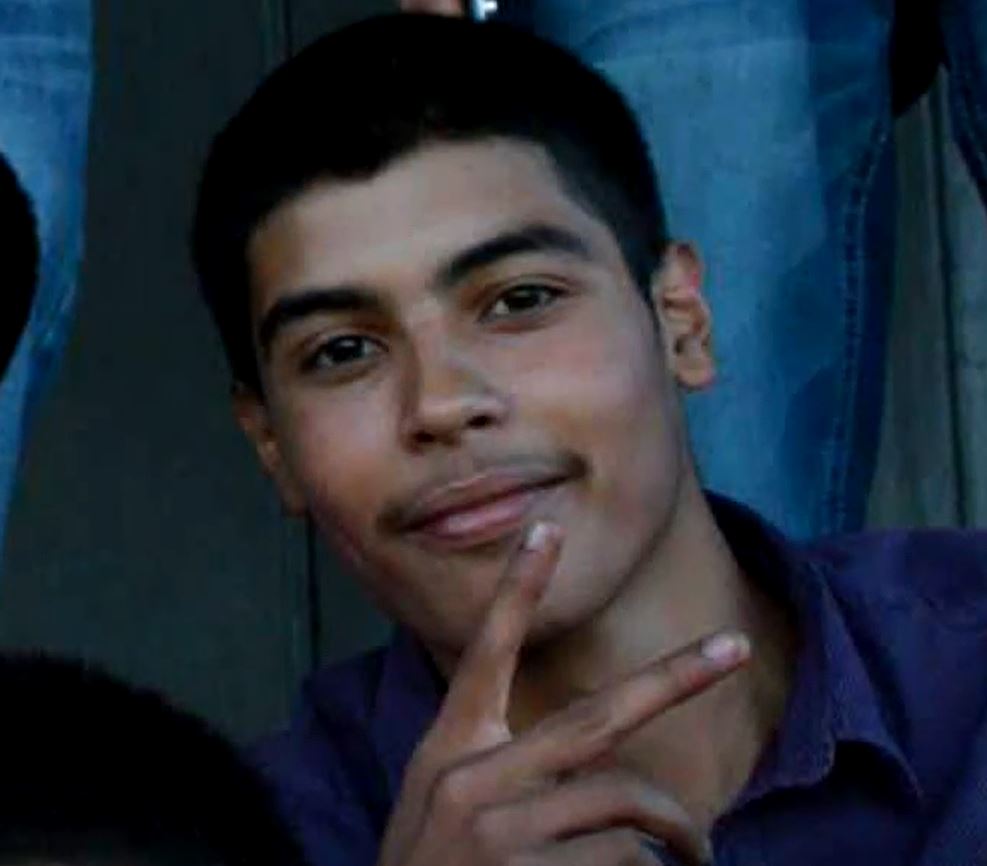
A legacy of life
By saying “yes” to donation, families can create legacies of love that extend far beyond their lifetimes.
“I am so thankful to Antonio and his family for their unselfishness and generosity,” Joyce said. “He saved my life.”
Ana said that some in the Hispanic community believe that organ donation is taboo, although most religions and cultures support donation as the ultimate gift. Knowing Antonio was always willing to help others, the decision reflected who he was.
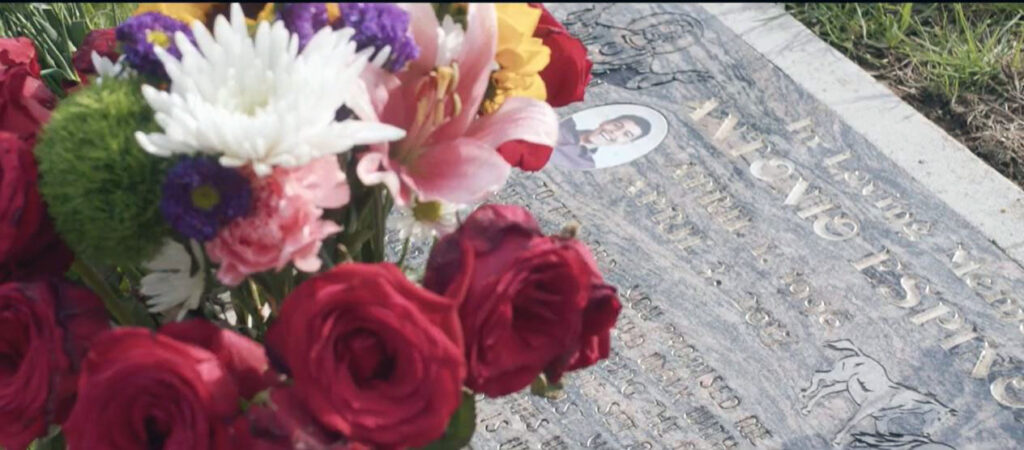
“To know that people are breathing, walking, talking and still alive because of my brother, I couldn’t ask for anything more,” Ana said.
I am personally so grateful for Ana and families like the Espinozas. They are at the heart of organ donation, and an integral part of the lifesaving work we do every day.
“His donation is a gift that keeps on giving,” Ana said.
And indeed, it is.


